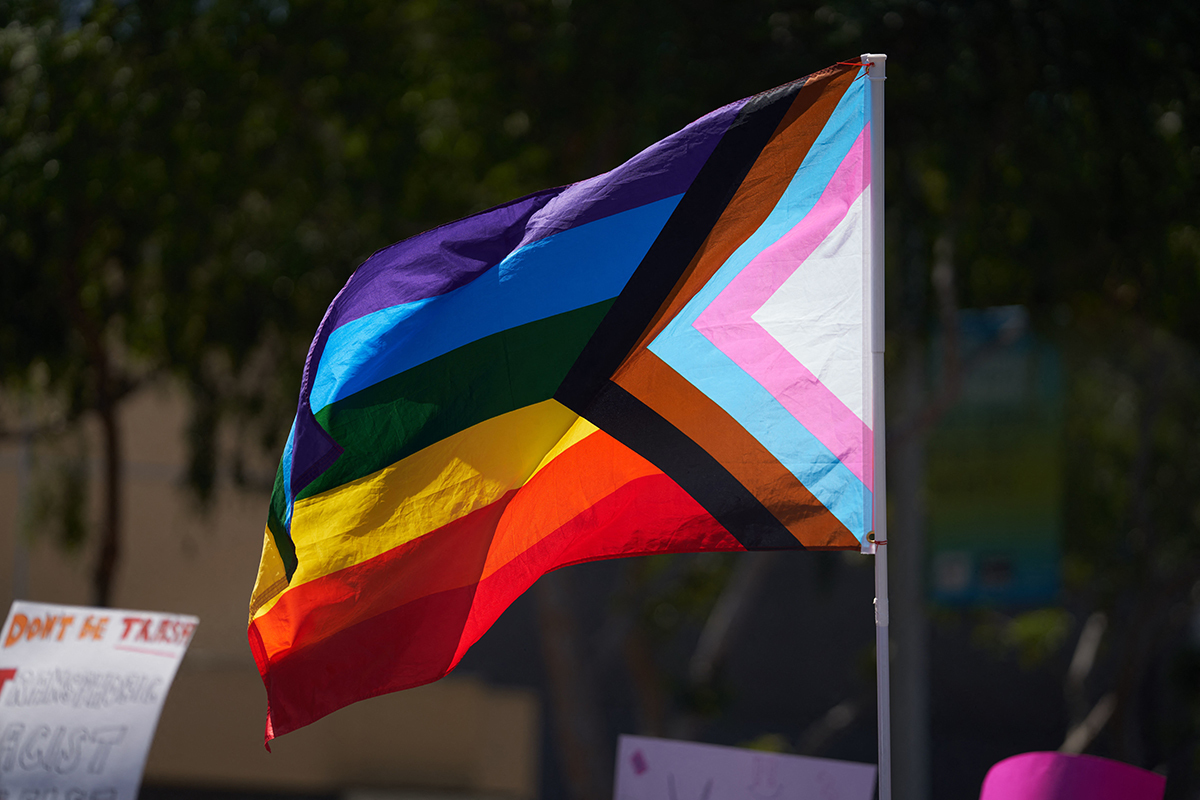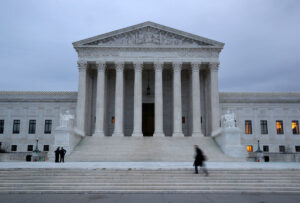Utah Introduces Ban on Political Flags in Schools and Government Buildings
In a move that has stirred debate across political lines, Utah has enacted a law that restricts the display of political flags at state government buildings and public schools. The law, known as House Bill 77, officially became law without the endorsement of Republican Governor Spencer Cox.
The bill received approval from the Utah House of Representatives with a 49-20 vote on February 21, and subsequently passed the Utah Senate in a 21-8 vote on March 6. The decision largely mirrored party affiliations, with Republican members supporting the bill and Democrats opposing it, though a few crossed party lines in both chambers.
Set to take effect on May 7, the law prohibits any government entity or public school employee from displaying non-exempt flags on government property. Exceptions to this rule include the United States flag, the Utah state flag, and flags of other nations, states, municipalities, Native American tribes, and educational institutions.
Under the new law, the state auditor is responsible for investigating any reported violations, with consequences including a fine of $500 per day for non-compliance after a 30-day correction period.
In a letter explaining his decision not to sign the bill, Governor Cox expressed support for the bill’s aim of maintaining political neutrality in classrooms but noted his concerns about its execution. He stated, “I deeply believe that our classrooms need to be a place where everyone feels welcome — free from the politics that are fracturing our country.”
Cox criticized the bill for its limited scope, arguing that it addresses only flag displays while potentially allowing other forms of political expression, such as posters or drawings, to persist in schools. “To those legislators who supported this bill, I’m sure it will not fix what you are trying to fix,” he commented.
The American Civil Liberties Union (ACLU) of Utah has been vocal in its opposition to the legislation. In a statement, the ACLU characterized the bill as a veiled attempt to target LGBT pride flags, stating, “The government should not be in the business of banning symbols that help people feel seen and welcomed.” The organization warned that the bill sets a “dangerous precedent” which could lead to broader restrictions on free speech.
The debate over House Bill 77 is part of a larger national conversation about the role of political ideology in educational settings. In Pennsylvania, a similar policy was enacted by the Central Bucks School District, prohibiting public school employees from expressing political views or displaying materials related to partisan, political, or social issues.
This legislative decision also reflects a broader backlash against the promotion of progressive ideologies in various areas of American society, with several major U.S. companies opting to reduce their advocacy efforts related to diversity, equity, and inclusion, as well as LGBT rights, over the past year.
This article was originally written by www.christianpost.com






